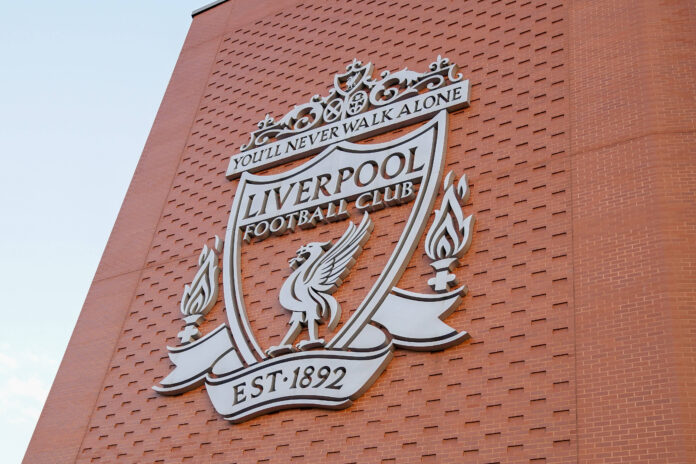Liverpool Full Summer Transfer List Highlights Strategy Shift After Title Win
Liverpool entered the summer of 2025 as Premier League champions for the first time in four years, but rather than standing still, the club has embraced change. Arne Slot’s Second full summer in charge has seen a dramatic reshaping of the squad, with high-profile arrivals, emotional farewells, and a clear attempt to future-proof a side that has already conquered England.
The Dutchman, who succeeded Jurgen Klopp in 2024, achieved the title largely with the squad he inherited. Now, alongside sporting director Richard Hughes, he is putting his imprint on a club determined to stay ahead of its rivals.
Major Signings Reinforce Champions’ Ambition
Liverpool’s approach to recruitment has been relentless. The headline arrival is Florian Wirtz, signed for £100m rising to £116m from Bayer Leverkusen, a British transfer record that underlines the club’s ambition. The German playmaker joins after an exceptional season in the Bundesliga, where he played a starring role in Leverkusen’s unbeaten title-winning campaign.
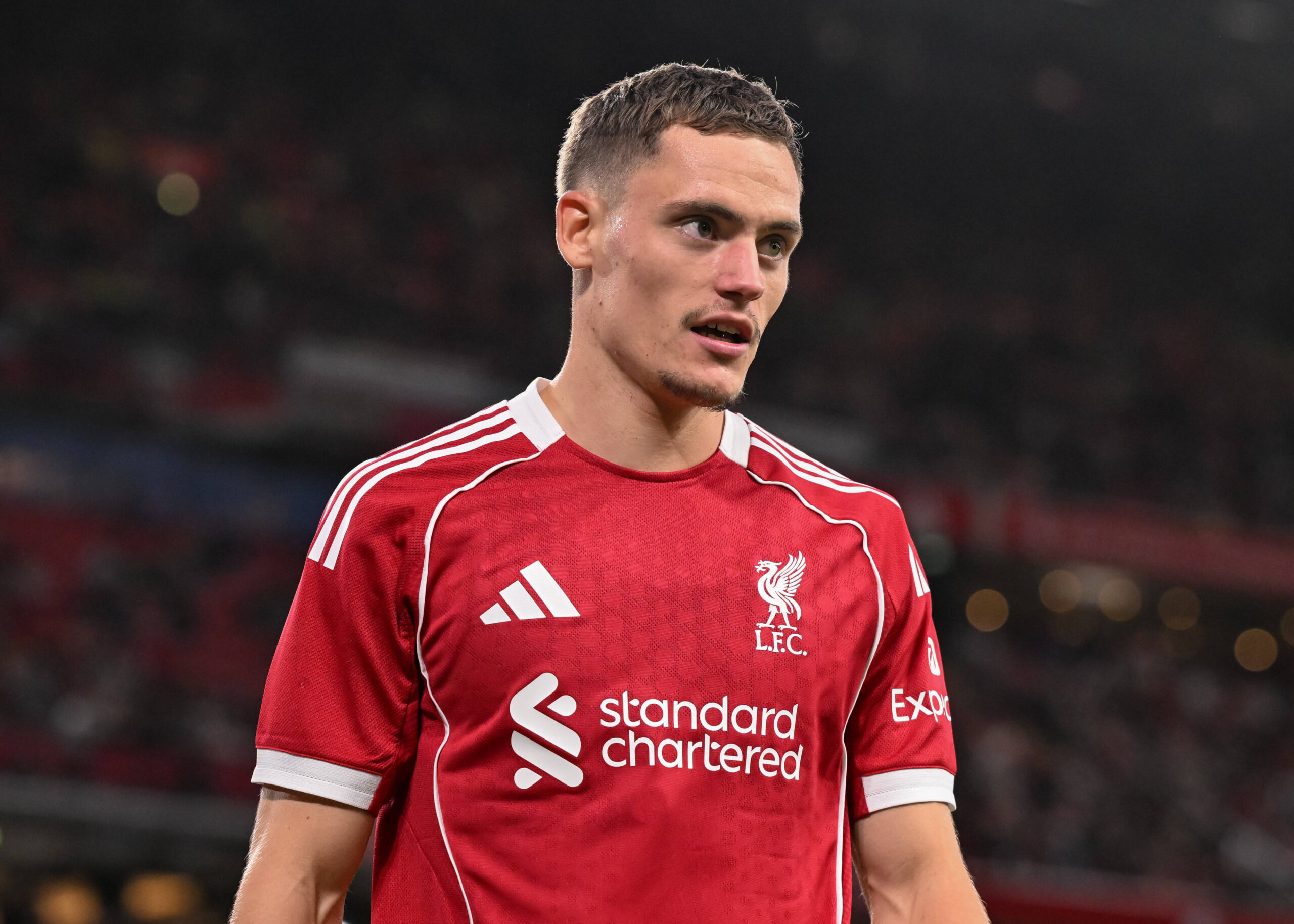
“I’m not coming [to] have fun here, I also want to achieve something and give the fans what they deserve,” Wirtz said. “Last season they won the Premier League, so my goal is for sure to win it again and also to go further in the Champions League.”
Hugo Ekitike’s £69m move from Eintracht Frankfurt adds firepower. His 22-goal season in Germany convinced Liverpool he could be the long-term No. 9. Milos Kerkez’s £40m switch from Bournemouth and Jeremie Frimpong’s £29.5m release clause activation from Leverkusen indicate a full-back refresh after Trent Alexander-Arnold’s departure.
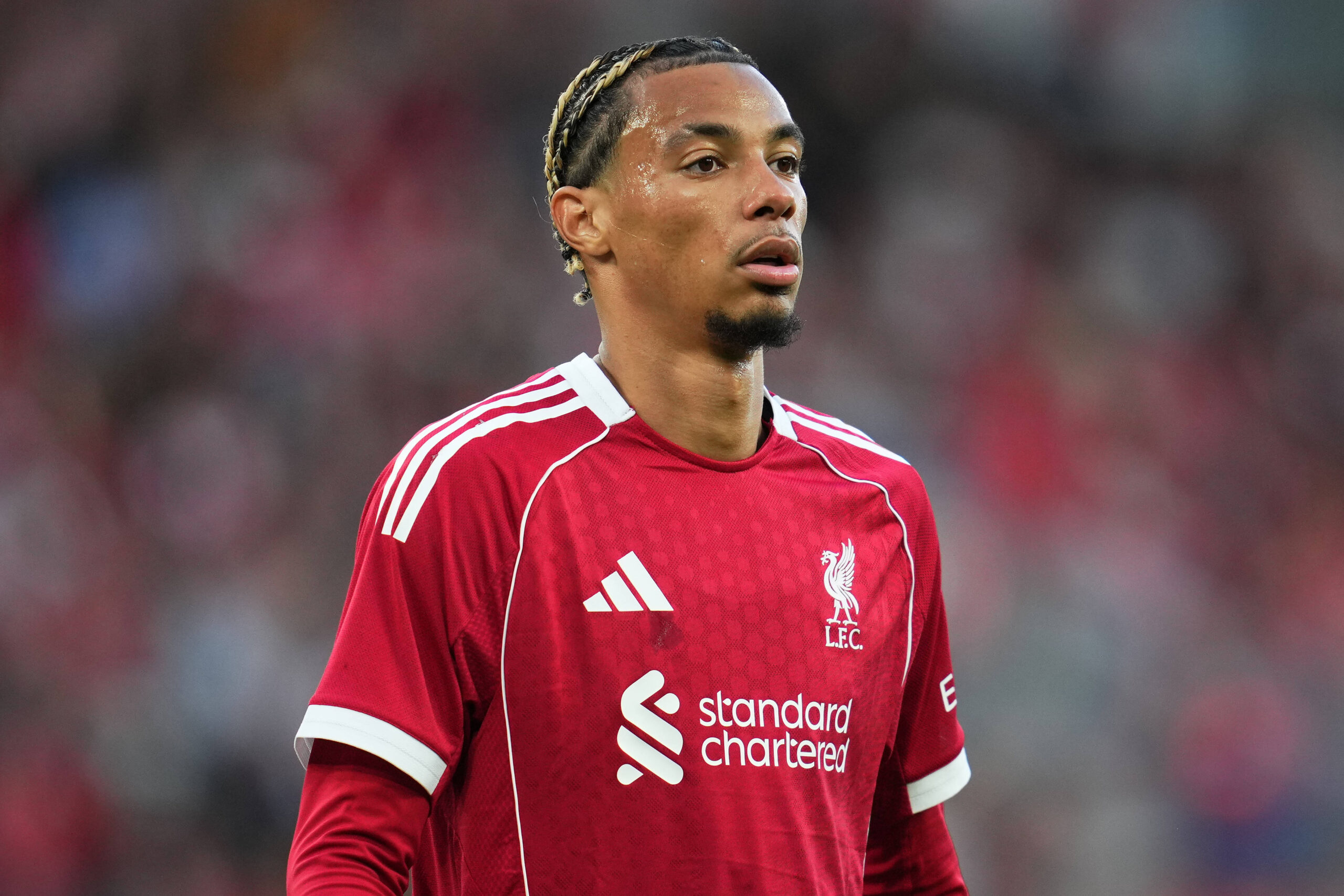
In goal, Giorgi Mamardashvili arrives from Valencia for £25m, joining Freddie Woodman on a free transfer and Hungarian prospect Armin Pecsi for £1.5m. Giovanni Leoni, 18, completes a £26m move from Parma, showing Liverpool’s intent to invest in young defensive talent.
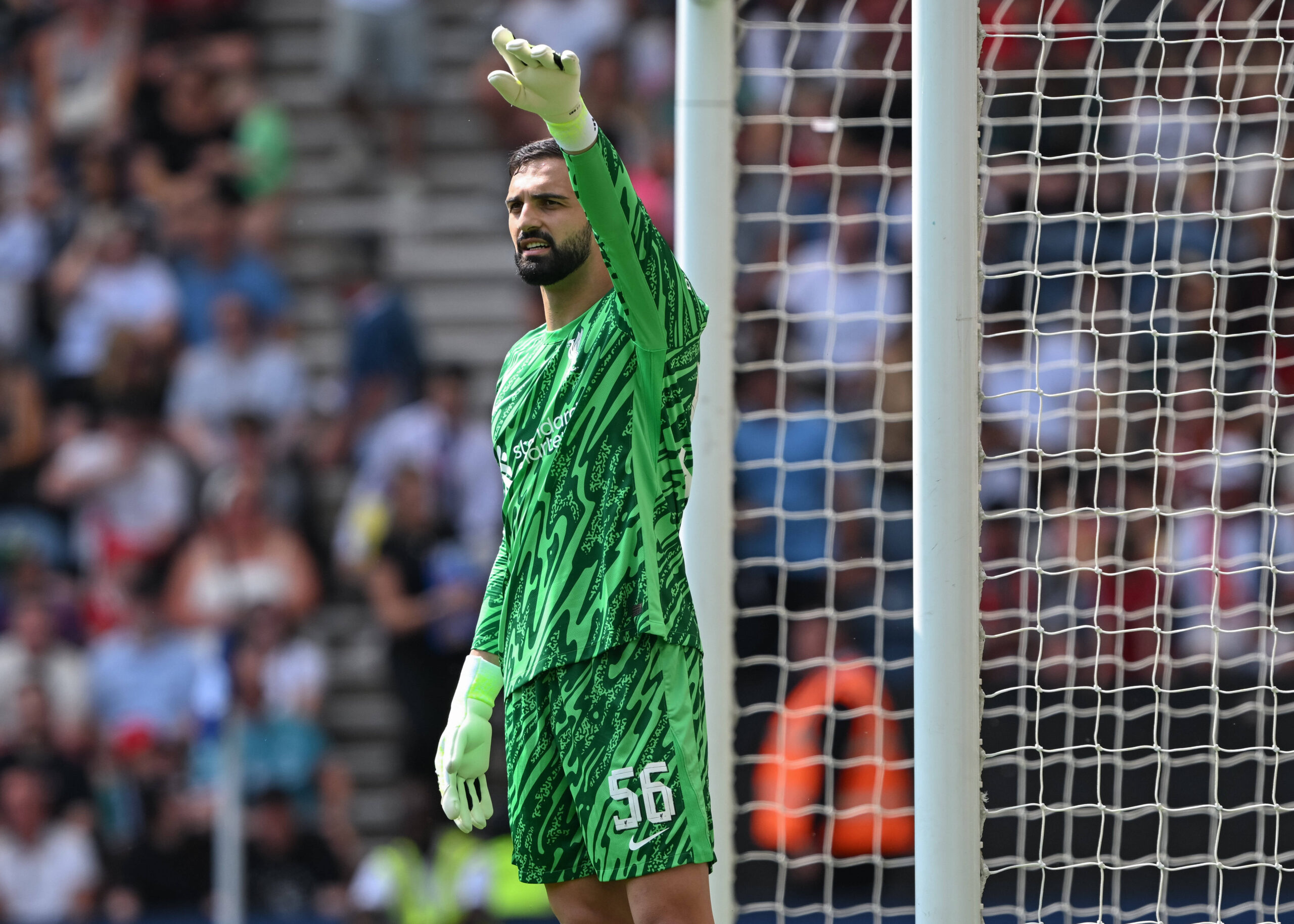
Academy signings like Will Wright from Salford City for £200,000 add depth to the next generation, while each new arrival reflects Hughes’ reputation for meticulous squad-building.
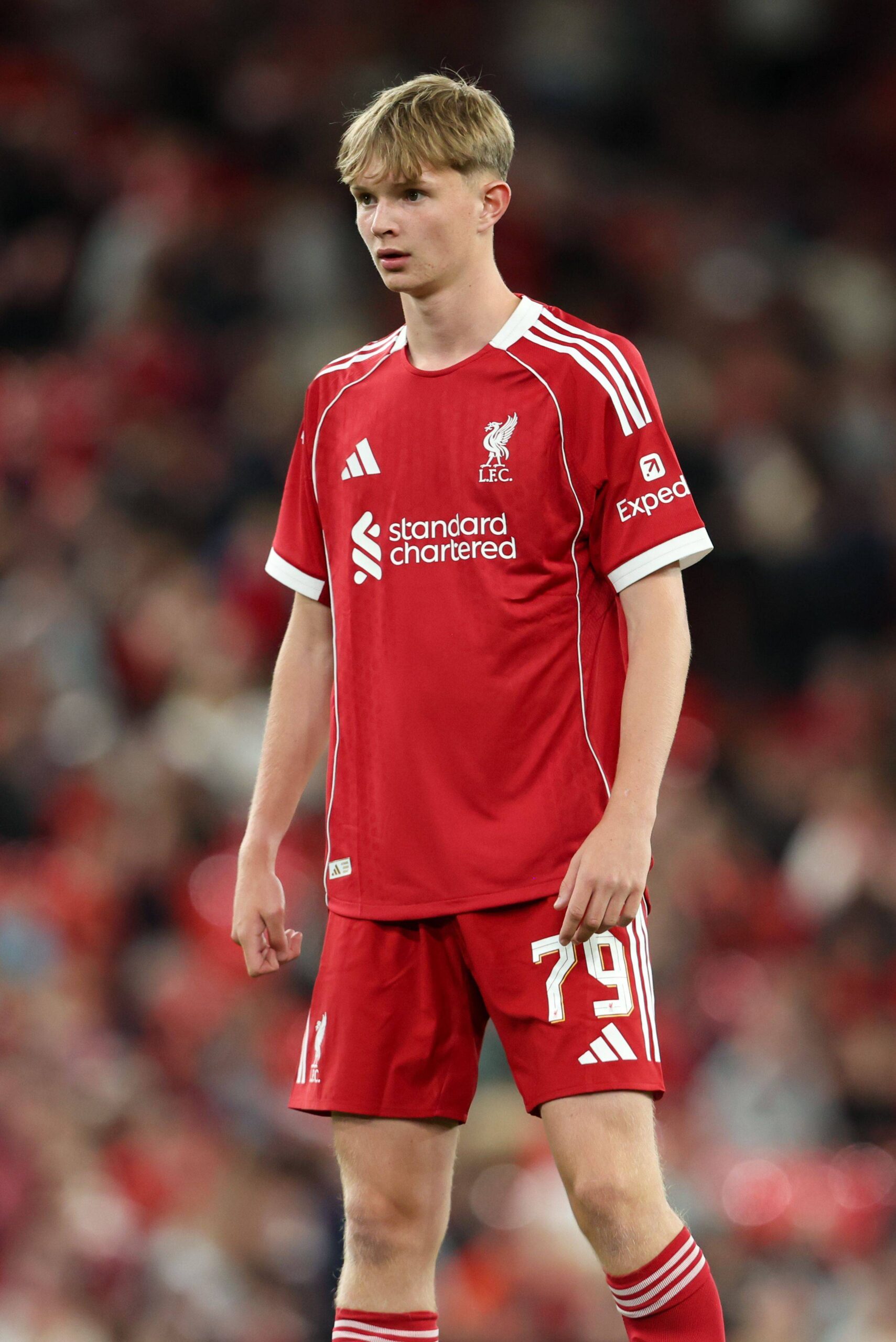
Emotional Exits Reshape Liverpool Core
Some departures have been deeply felt. Alexander-Arnold’s move to Real Madrid symbolises the start of a new era. The academy graduate’s decision to run down his contract meant Liverpool settled for €10m, allowing him to feature in Madrid’s Club World Cup campaign.
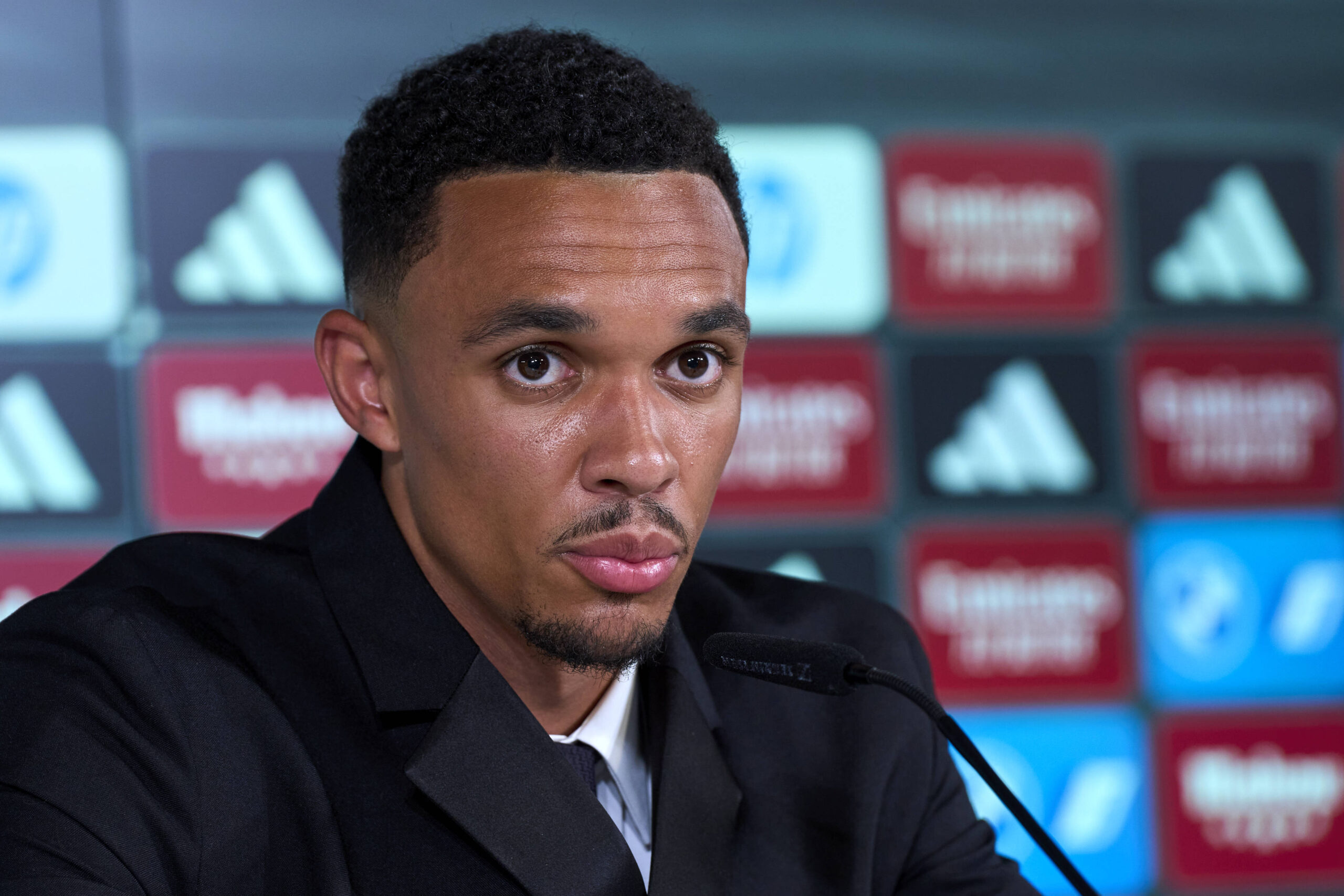
Caoimhin Kelleher’s £12.5m transfer to Brentford (rising to £18m) was another significant exit. A trusted deputy to Alisson Becker, Kelleher’s EFL Cup heroics in 2022 and 2024 won him cult status. But his departure reflects Liverpool’s strength in depth between the posts.

Luis Diaz has joined Bayern Munich for £65.5m, while Darwin Nunez has left for Al-Hilal in a £46.3m deal. The club also sanctioned Jarell Quansah’s £30m move to Bayer Leverkusen, though they retain a buyback clause, a sign of confidence in the defender’s potential.

Other exits include Nat Phillips’ £3m switch to West Brom, Tyler Morton’s £15m move to Lyon, and Ben Doak’s £25m transfer to Bournemouth. Academy departures saw Ranel Young move to Serbia’s Usce and Louis Enahoro-Marcus join Leeds United.
Loans Showcase Depth and Pathways
Loan deals reflect Liverpool’s strategic squad management. Vitezslav Jaros has joined Ajax on loan. James McConnell has also moved to Ajax, highlighting the Eredivisie as a proving ground for Liverpool’s emerging talent.
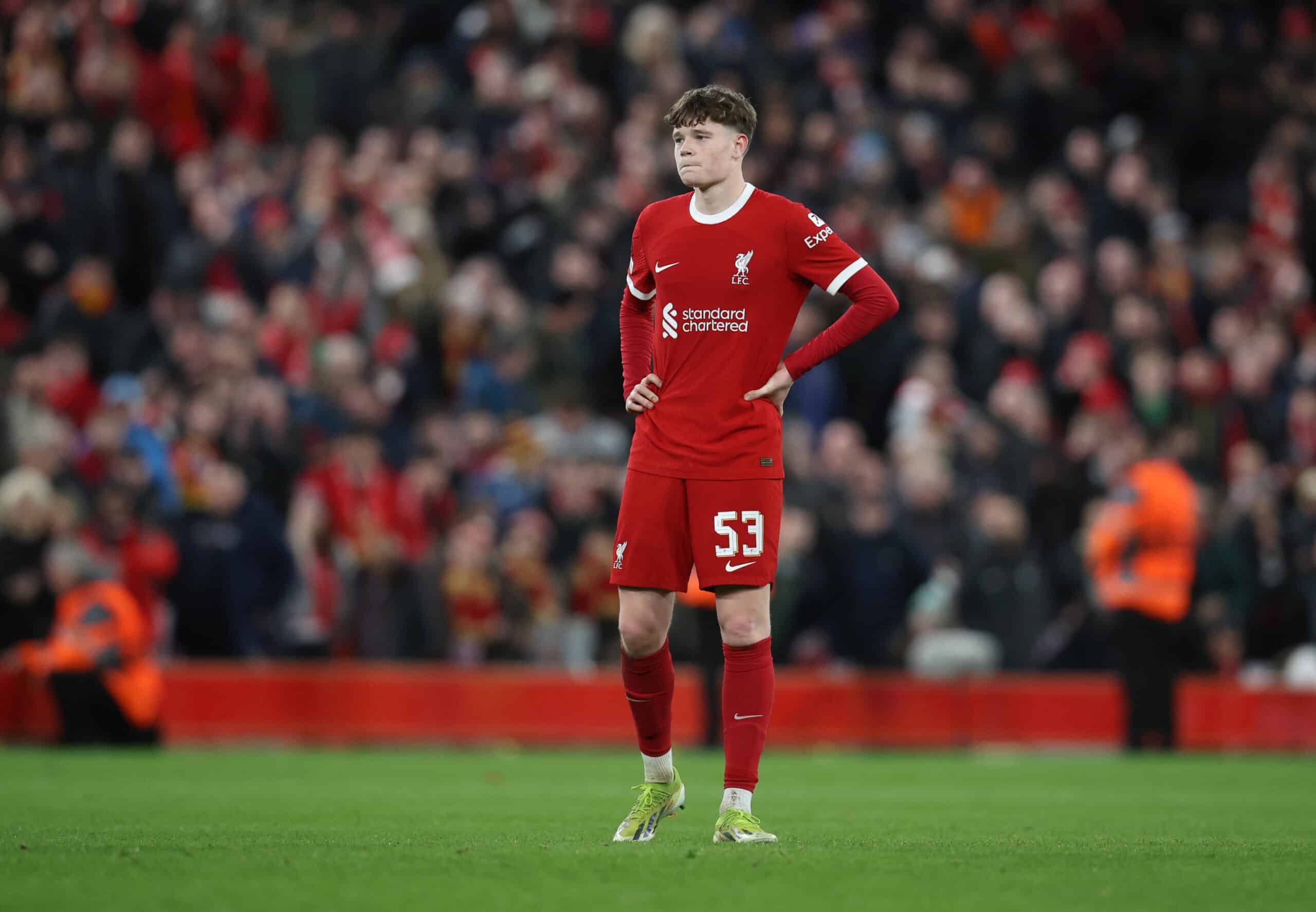
Kostas Tsimikas’ loan to Roma is a statement of depth in the left-back department following Kerkez’s arrival. Luca Stephenson has returned to Dundee United, Lewis Koumas is at Birmingham City, and Owen Beck will develop further at Derby County.
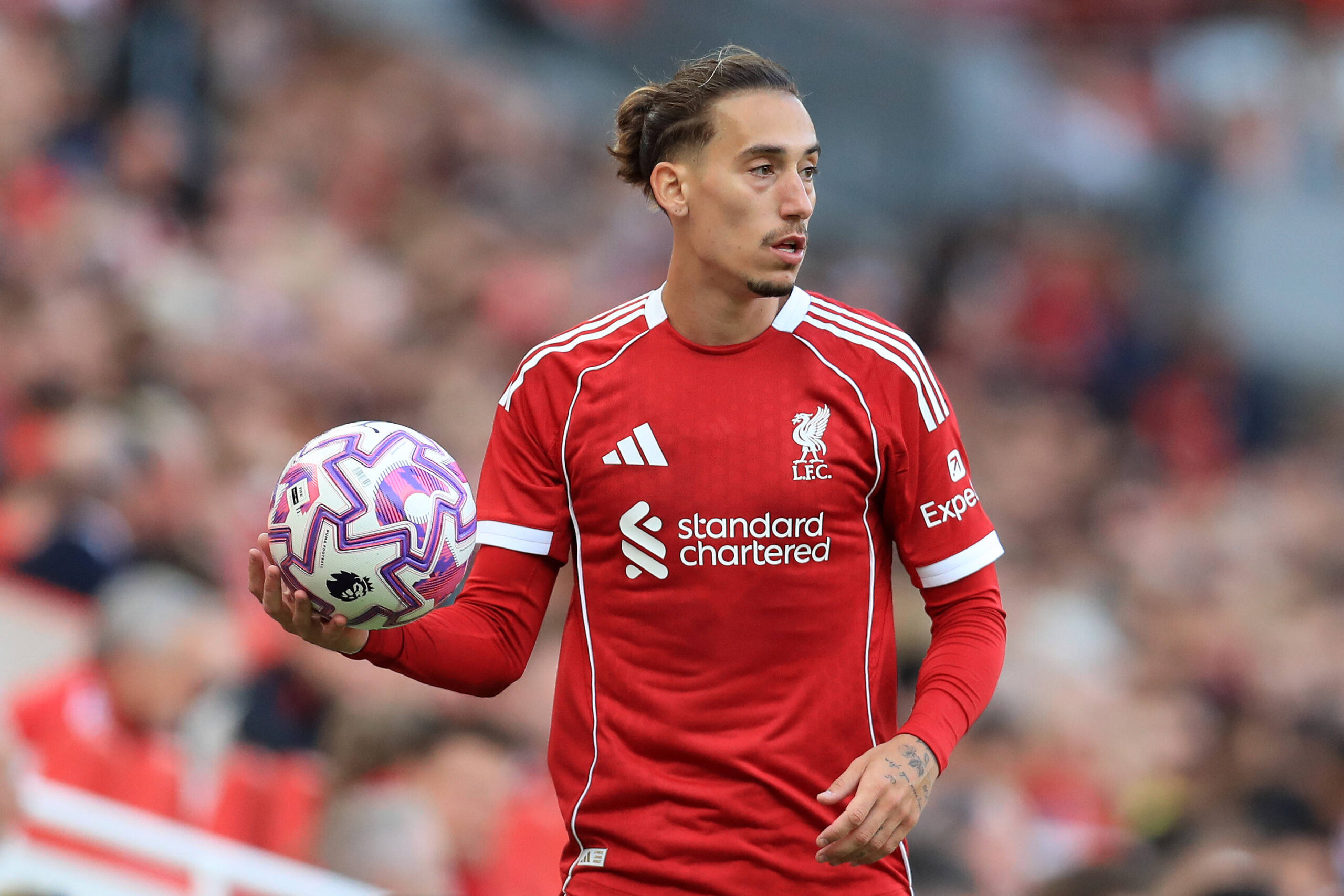
Isaac Mabaya’s move to Wigan Athletic is designed to relaunch his promising career after injuries, while Harvey Davies has secured a spell with Crawley Town to continue his progression. These moves suggest Liverpool are carefully managing a vast pool of talent.
A Strategic Window Balancing Future and Present
Liverpool’s transfer activity this summer shows a shift towards meticulous planning. While Wirtz and Ekitike grab headlines, deals like Leoni’s £26m signing and Pecsi’s £1.5m arrival demonstrate the emphasis on youth development.
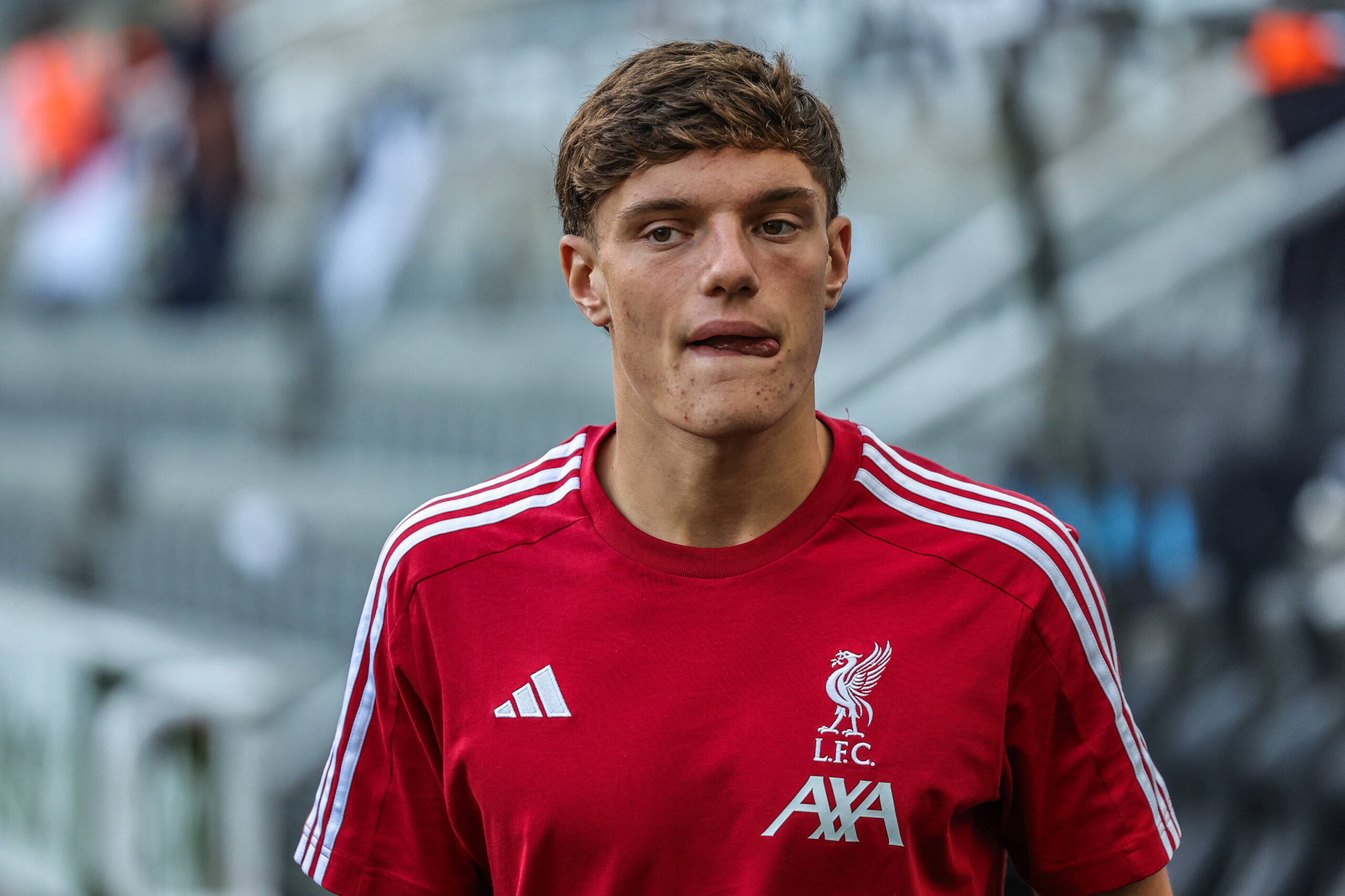
At the same time, selling established players like Diaz and Nunez underlines a willingness to refresh the squad rather than hold onto players whose value has peaked. Richard Hughes has overseen a delicate balance between reinvestment and profitability.
This approach aligns with Slot’s vision of building a side capable of competing on multiple fronts. The club’s willingness to part with academy stalwarts like Alexander-Arnold and Quansah suggests sentimentality will not drive decisions. Instead, Liverpool are leveraging their strong position to create a squad that can dominate for years to come.

The scale of change is striking. Eleven permanent signings, including five players under 23, provide a glimpse of a future core. Experienced additions like Woodman bring stability, while the goalkeeping department has been completely restructured. Liverpool now possess depth in every position, particularly in defence, where Kerkez and Frimpong’s arrivals reflect an emphasis on width and attacking thrust.
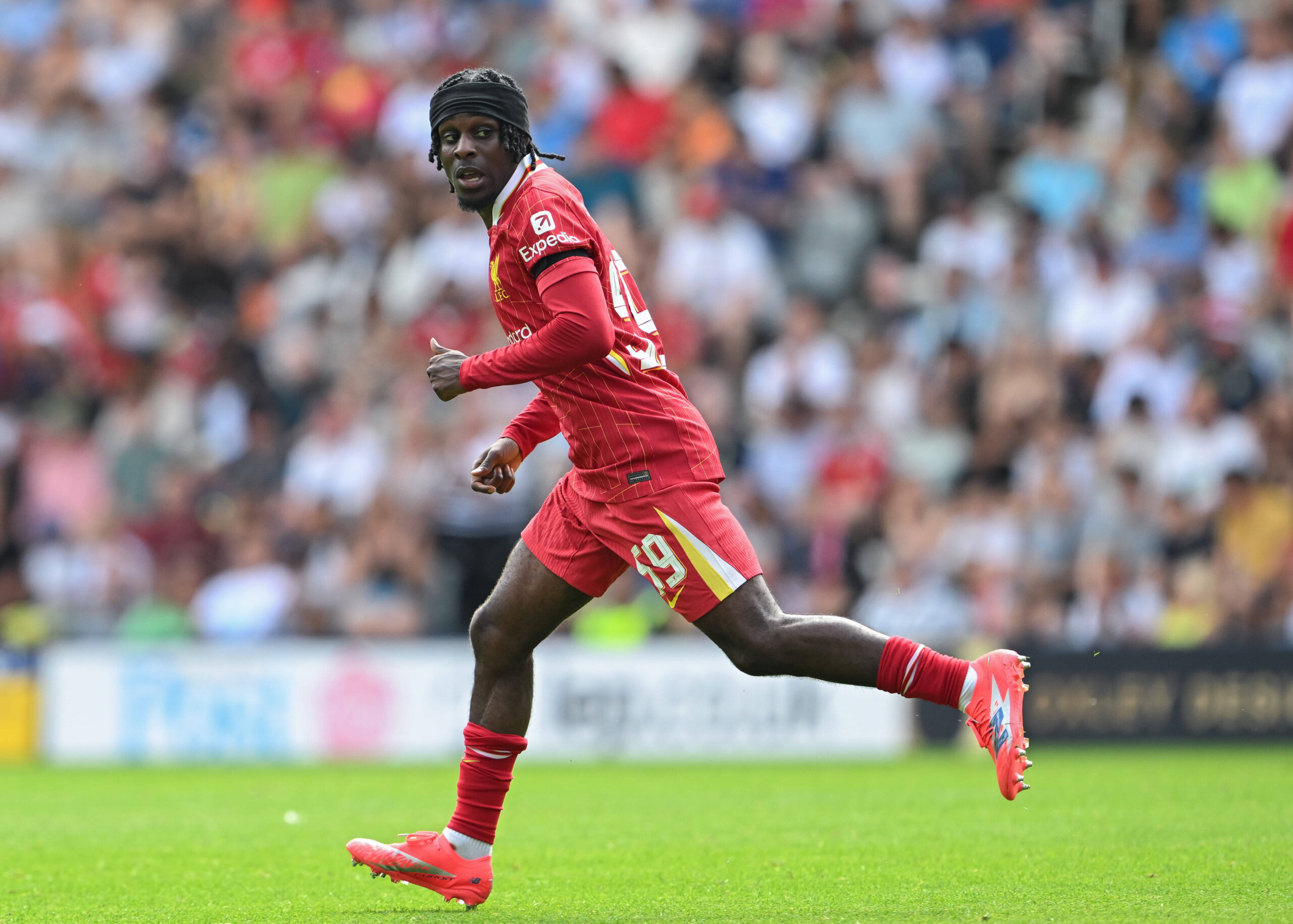
The sale of players like Nunez also reflects the analytical approach driving recruitment. Despite his work rate, Nunez never became the prolific striker Liverpool envisioned. Ekitike’s arrival suggests a more clinical forward line, with the Frenchman’s finishing ability complementing Liverpool’s attacking patterns.
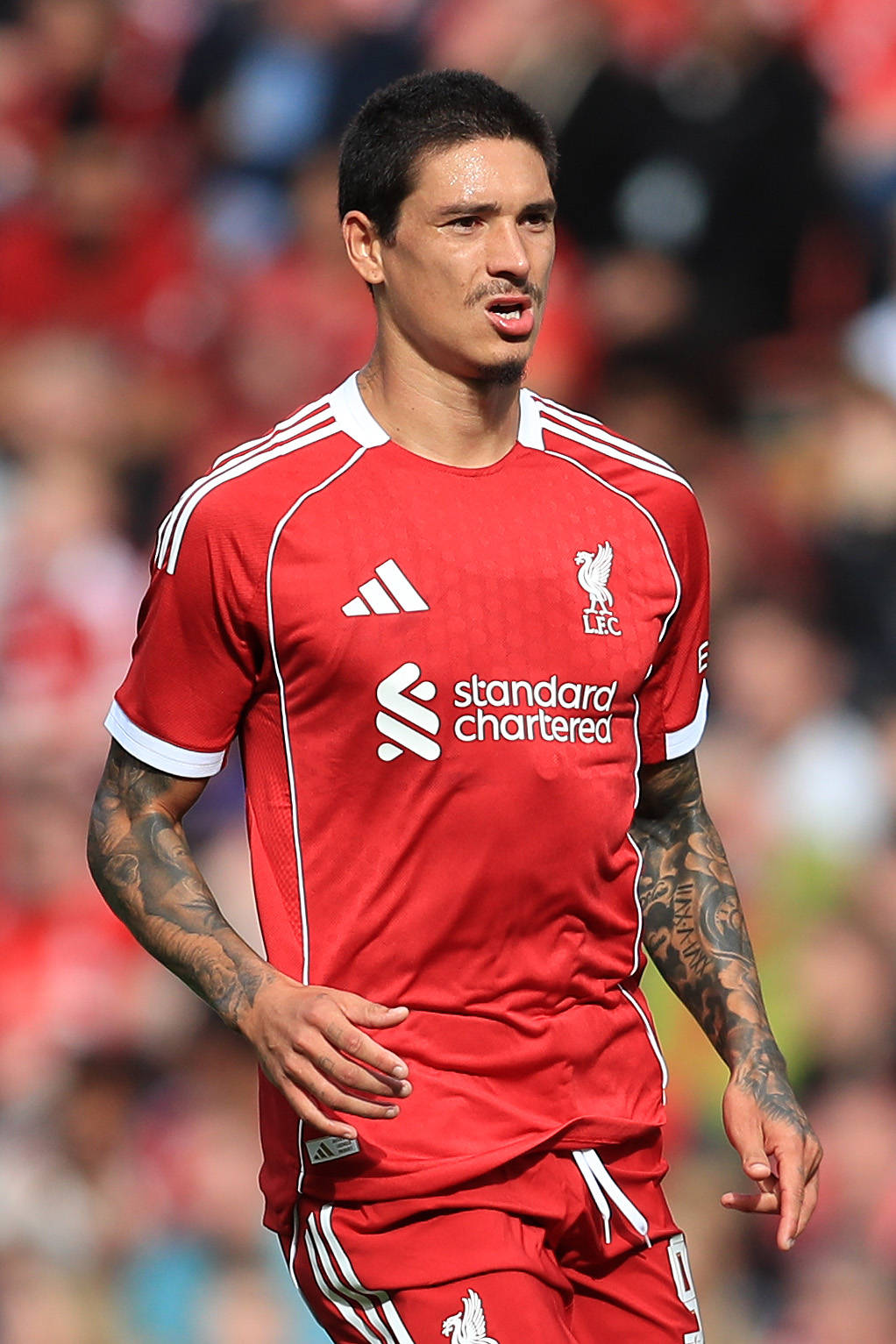
This summer has also reaffirmed Liverpool’s growing reputation as a club that develops players into elite professionals, even if that means selling them. Morton’s £15m move to Lyon and Doak’s £25m transfer to Bournemouth are examples of Liverpool’s ability to generate substantial value from young talent.
The rebuild mirrors elements of the Klopp era, where Liverpool evolved by carefully reinvesting transfer fees. Yet Slot’s influence is clear, with more emphasis on tactical versatility and technical proficiency. Wirtz embodies this vision, capable of playing as a creator or a false nine, while Frimpong’s dynamism offers a different dimension on the right flank.
For Hughes, this summer is about assembling a squad that reflects Liverpool’s status as reigning champions. The mix of elite signings, high-value sales, and promising loans demonstrates a commitment to building a sustainable future while remaining competitive at the highest level.
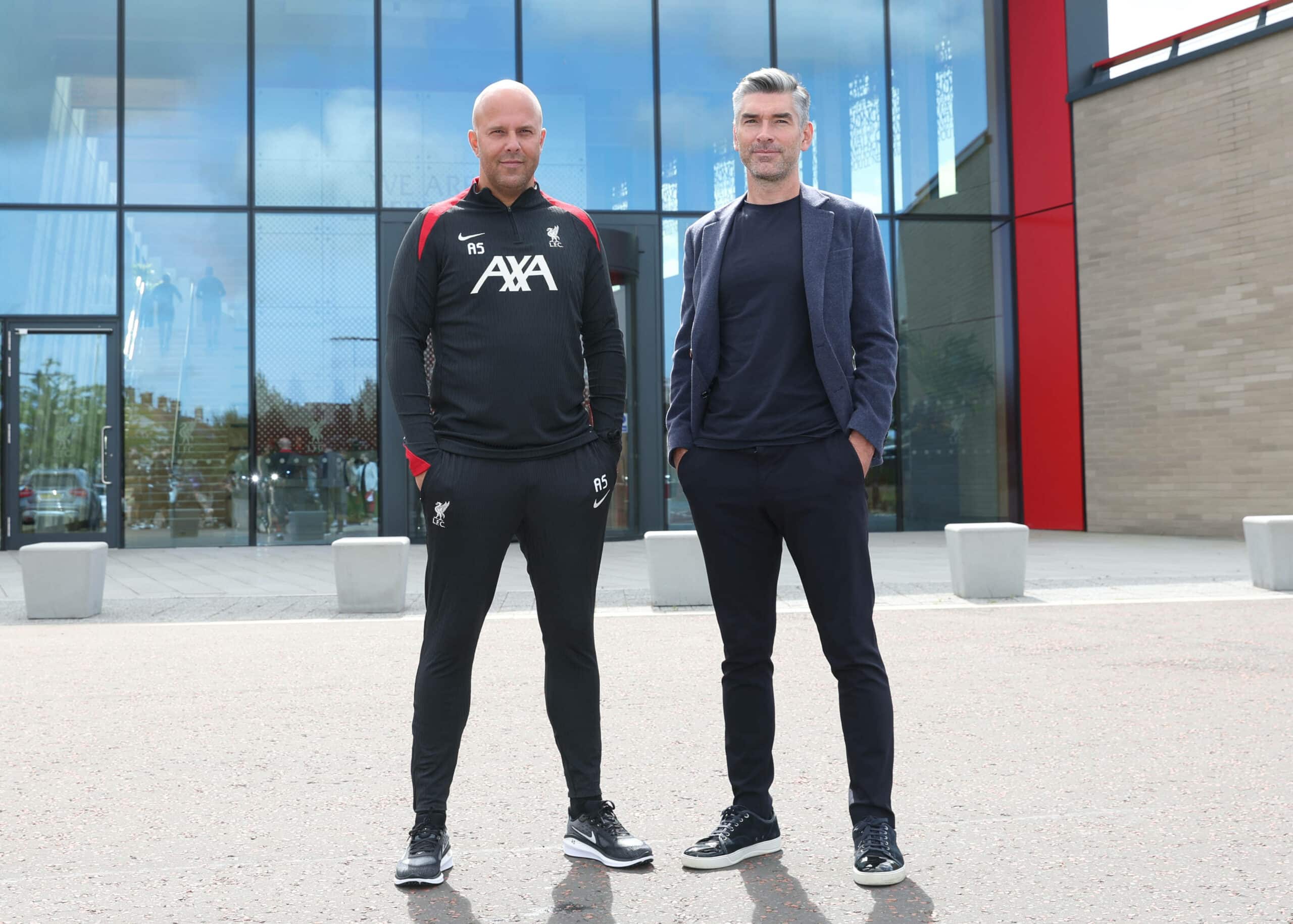
Liverpool’s fanbase may feel the loss of Alexander-Arnold deeply, but there is also excitement about what lies ahead. The club’s summer transfer list is not just a collection of moves; it is a statement of intent, a sign that Slot and Hughes are crafting a new identity for a team that has already reclaimed the Premier League crown.
As the window closes, Liverpool’s business will likely be remembered as one of the most transformative in recent years. From Wirtz’s record-breaking arrival to Tsimikas’ loan, every decision speaks to a plan designed for longevity and continued dominance. Slot now has a squad tailored for his vision, and with rivals scrambling to keep pace, Liverpool’s proactive approach may define the next era of English football.

